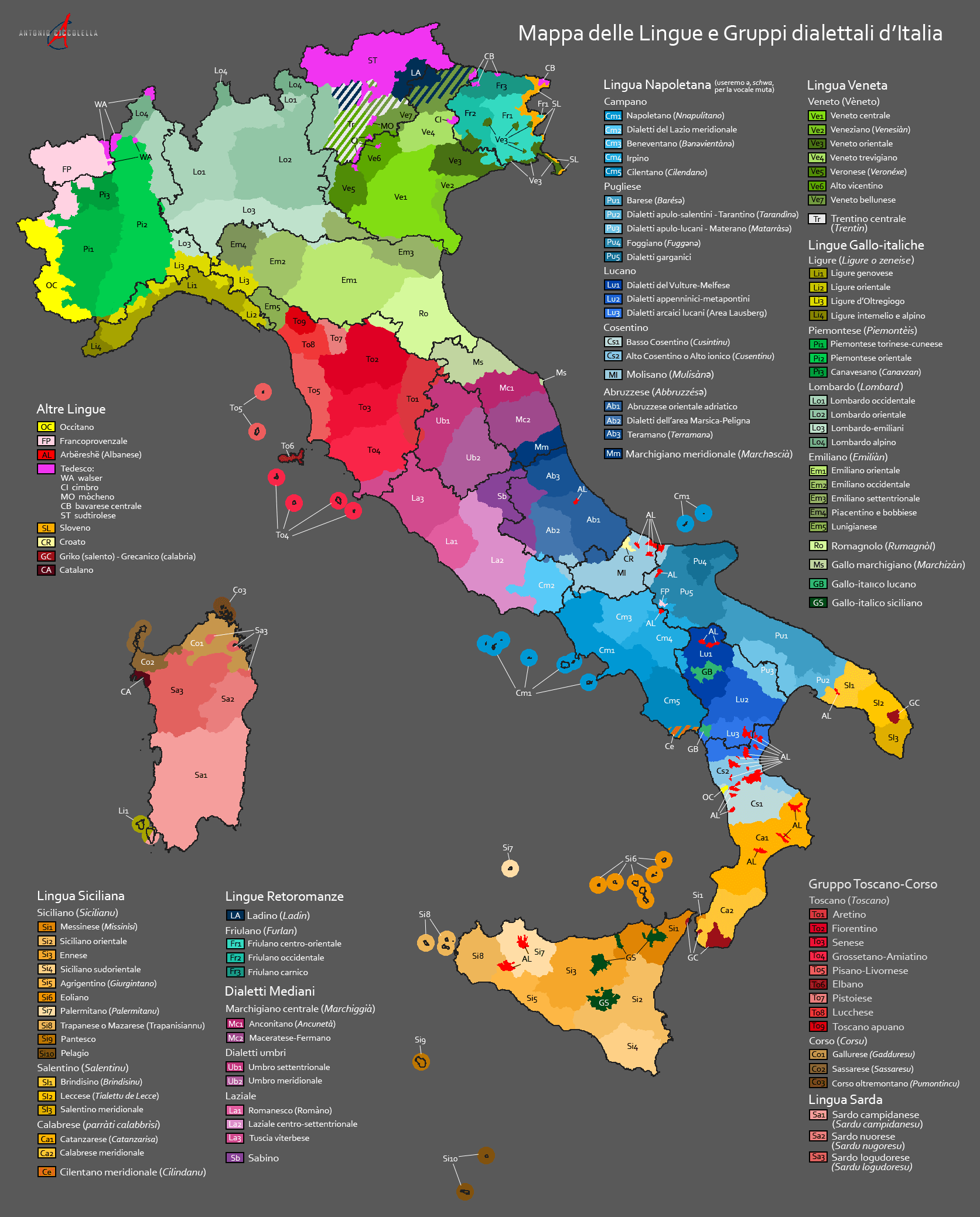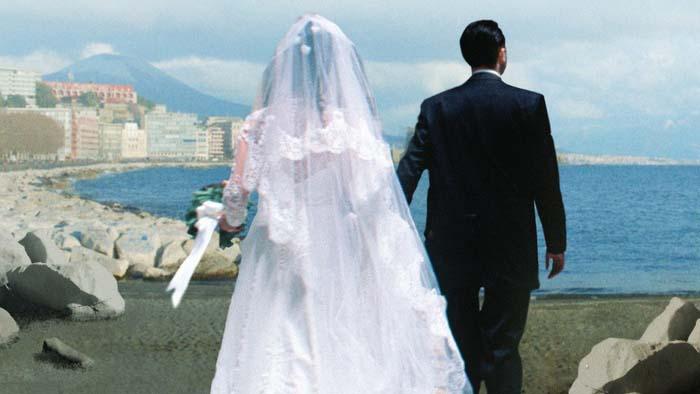Language versus dialect, or why we’re obsessed with Elena Ferrante
Book Jacket from "My Brilliant Friend" by Elena Ferrante
When Ann Goldstein set about translating the work of the little-known Neapolitan novelist Elena Ferrante into English, she never imagined that her translations would be thrust into the international spotlight.
Ferrante’s Neapolitan novels — four books chronicling the lives of two women from Naples, Elena and Lila — have gone on to sell millions of copies and become New York Times bestsellers. Now they're being adapted into a 32-part television miniseries, picked up in part by HBO. Filmed in Italian, and shown with English subtitles, the first show to look out for will be called “My Brilliant Friend,” after one of the four literary works.
While Ferrante’s novels garnered global fandom, the novelist maintained her anonymity, and Goldstein suddenly found herself fielding interviews.
While the novels are a good read — rife with love and sex and violence and the mob — what hooked me is how Ferrante writes about language and dialect. Italian literature professor Olivia Santovetti calls the novels “a commentary on the linguist history of Italy from the 1950s until today's time.”
This week on the podcast we explore that linguistic history and the tensions between Italian dialects and the lingua franca. Plus, you get to hear World in Words co-host Patrick Cox sing in his best Italian accent. You don't want to miss this.

Podcast Contents:
00:00 Last summer Nina became obsessed with Elena Ferrante.
00:23 Ann Goldstein, Ferrante’s English translator never expected the novels would go as viral as they have.
2:00 Neapolitan and Italian are pretty different, says Goldstein.
3:28 Enrico Caruso sings “O Sole Mio.”oembed://https%3A//www.youtube.com/watch%3Fv%3Du1QJwHWvgP8
3:50 Patrick sings for the podcast.
4:55 The mystery of Elena Ferrante.
6:06 Quick synopsis of the Neapolitan novels. No spoilers!
6:57 How did Italy decide on a lingua franca?
7:23 During the 14th and 15th centuries, Tuscany was a powerful region of trade and commerce.
8:24 When Italy was unified in 1861 only 2.5 percent of the country spoke Italian, according to Olivia Santovetti, a professor of Italian literature at the University of Leeds.
10:41 The introduction of television in Italy in the 1950s helped spread Italian.oembed://https%3A//www.youtube.com/watch%3Fv%3D2X6v5Vh3vGw
11:35 Santovetti sees Ferrante’s novels as a “commentary on the linguistic history of Italy.”
12:00 What language a character speaks and how they speak it says everything about who a character is and who they want to become.
12:30 Dialect is often portrayed in Ferrante’s novels as the language of violence and the language of candor.
12:45 How does Ferrante define Italian in the novels?
13:47 All of the characters struggle between Italian and dialect but not all at the same level.
15:00 Characters are not only marked by the language they speak but their accent.
15:45 Tiziana De Rogatis, a professor of Italian literature at the Unversity for Foreigners of Siena relates to the experiences of the character Elena.
19:21 Gianni Riotta is a columnist for La Stampa and the Atlantic. He was born and raised in Sicily but he also never learned dialect. Speaking a dialect was forbidden by his father.
21:25 Gianni’s memories from living in a dual language culture.
23:12 As a reporter in Italy, Gianni is constantly running into dialects all over Italy.
24:07 “Napule è” by Pino Danieleoembed://https%3A//www.youtube.com/watch%3Fv%3DzeLb-G8GXfk
26:47 Do dialect speakers in Italy encounter stereotypes or prejudice for speaking dialect?
27:30 “Che Calore” by Pino Daniele.oembed://https%3A//www.youtube.com/watch%3Fv%3DTo7wrFvN9h8%26list%3DPLA0F77A853C93313F%26index%3D8
28:30 Gianni Riotta’s theory about Elena Ferrante.
29:00 Tweet us @lingopod or @patricox or @porzucki. Thank you, thank you, thank you.oembed://https%3A//www.youtube.com/watch%3Fv%3DbiL6zAMkOQs
